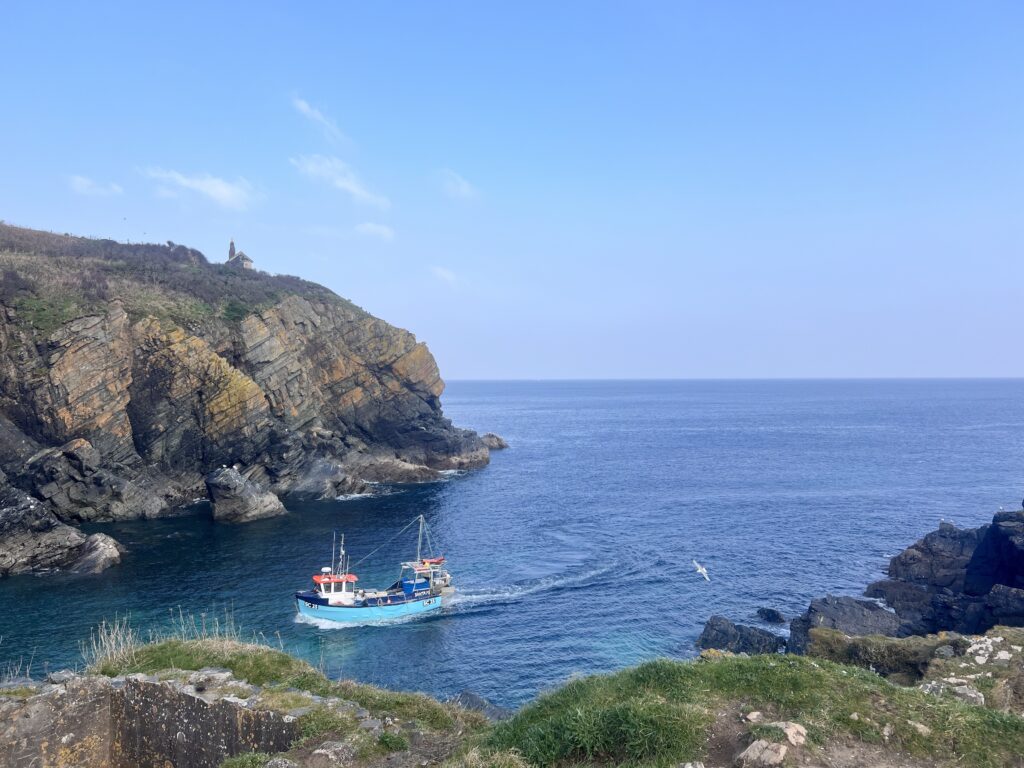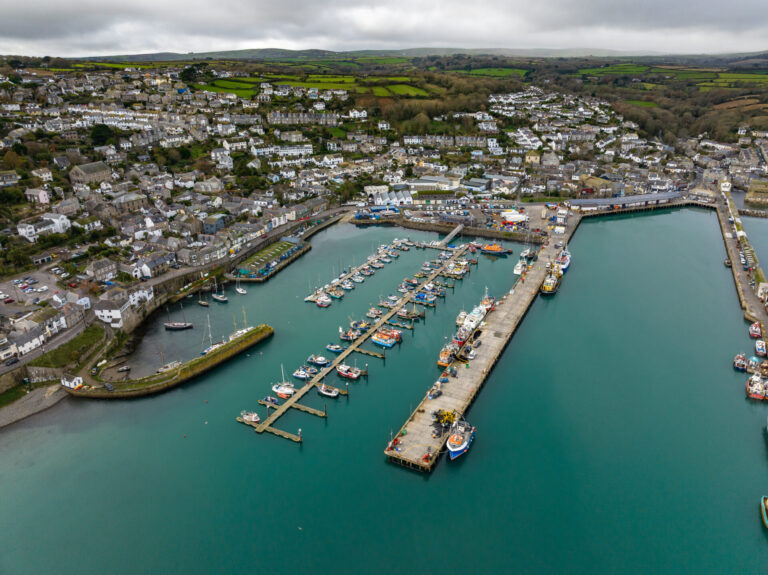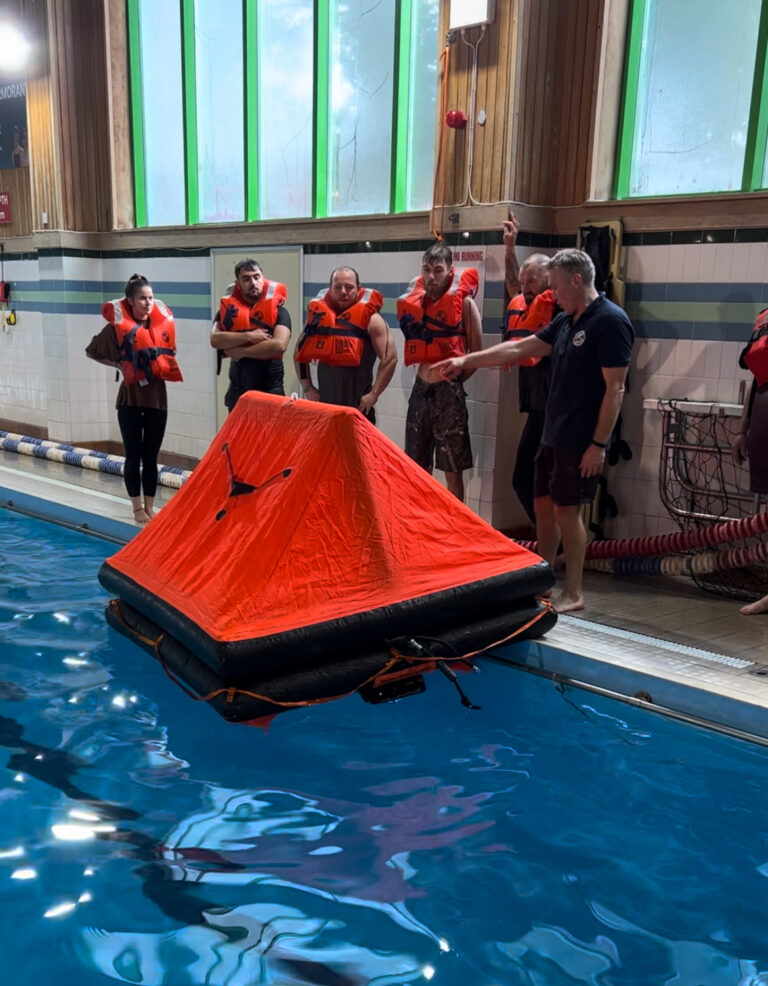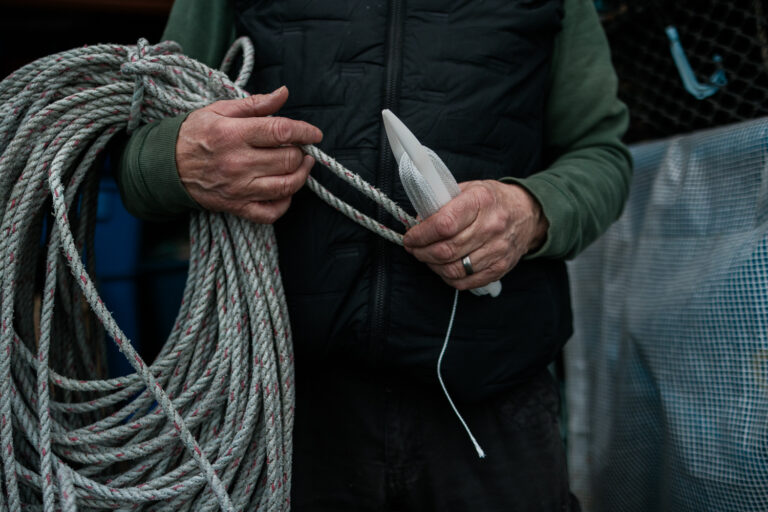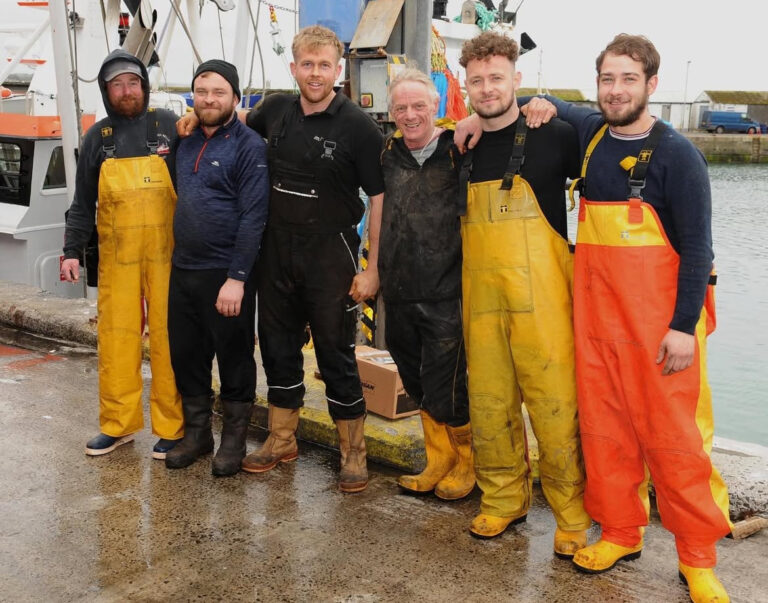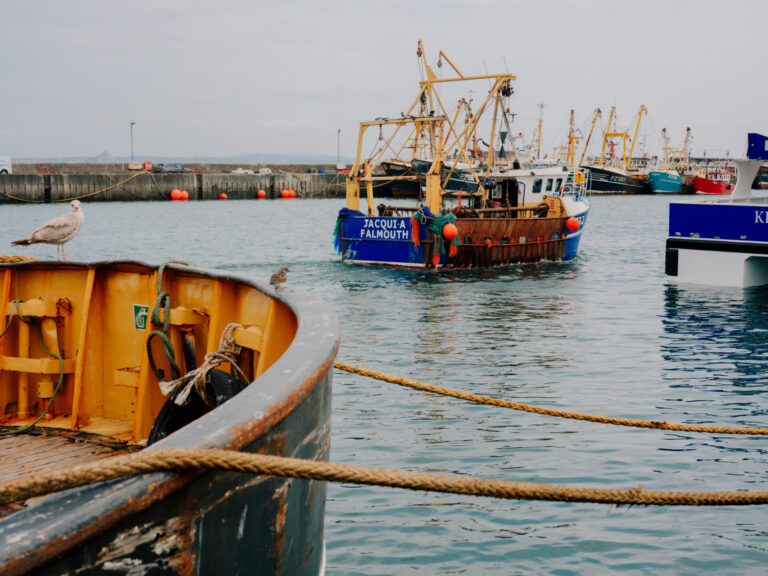The Fishing Hall of Infamy or a Fair Deal on Fishing?
Edward Heath 1975
Boris Johnston 2020
Keir Starmer 2026 (?)
Will Keir Starmer follow in the footsteps of Edward Heath and Boris Johnston to sell out the UK fishing industry for a third time, or will he use the strong hand of cards he holds to pull off a deal that brings the UK a bit closer to its proper status as an independent coastal state?
The UK/EU talks are under way on what the fisheries arrangements will be after June 2026 when the current chapter on fisheries expires. After that date, the EU fleets no longer have automatic access to fish in UK waters, and access becomes part of the annual fisheries agreements.
Rumours are swirling that the UK will cave in, as it did in 1975 and 2020, in order to secure wider UK benefits. As in the UK, fishing rights in the EU have a political and symbolic significance far beyond their economic importance. If fishing rights are considered alone, it is the UK that holds the strong hand. The EU is the demander. Large parts of its member state fleets require access to UK waters to be economically viable. Leaving access to the vagaries of annual negotiations creates a huge insecurity and the EU is desperate to secure a multi-year agreement that would guarantee access. For the UK, the issue is the price.
The Boris Johnston government spectacularly failed to deliver on its verbose promises on fishing and tried to cover his failure with a £100 million bung to the industry. The EU made the Trade and Cooperation Agreement contingent on continued access for EU fleets and quota shares not too distant from the relative stability shares that pertained when the UK was subject to the Common Fisheries Policy. At the 11th hour the UK caved in.
Only five years on but the world is a different place from that Christmas Eve negotiations collapse. Ukraine and Trumpworld have brought the need for new alignments. The UK and the EU need a closer relationship on defence. Both sides want a closer relationship on trade whilst avoiding politically damaging optics of undermining hard-won sovereignty and unity. It is a delicate dance and fishing has the potential to be a toxic disruptor. Both sides will ensure that that doesn’t happen. The EU has cards to play but they are the nuclear variety – defence, tariffs, withholding a deal on energy. The UK has the access card but will also want to avoid the scenario of EU fleets tied up in port, denied access to the UK EEZ.
Approaching the TCA negotiations as a zero-sum game would potentially disrupt UK/EU relations at a pivotal point in history as the tectonic plates of post-war alignments shift unpredictably. But a deal that gives both sides something – a classic compromise – is available.
The EU wants access to the UK’s 200-mile EEZ. The UK wants an exclusive 12mile limit to reserve inshore fishing for its coastal fleets, in line with most other coastal states. It also wants improvements on its quota shares on those stocks where there is an acute shortage. A deal that meets in the middle, and perhaps also sets up new modes of cooperating on fishing as independent sovereign entities, are all within reach.
Sell-out, or balanced compromise as part of the UK/EU reset? The next few weeks should give us the answer.
